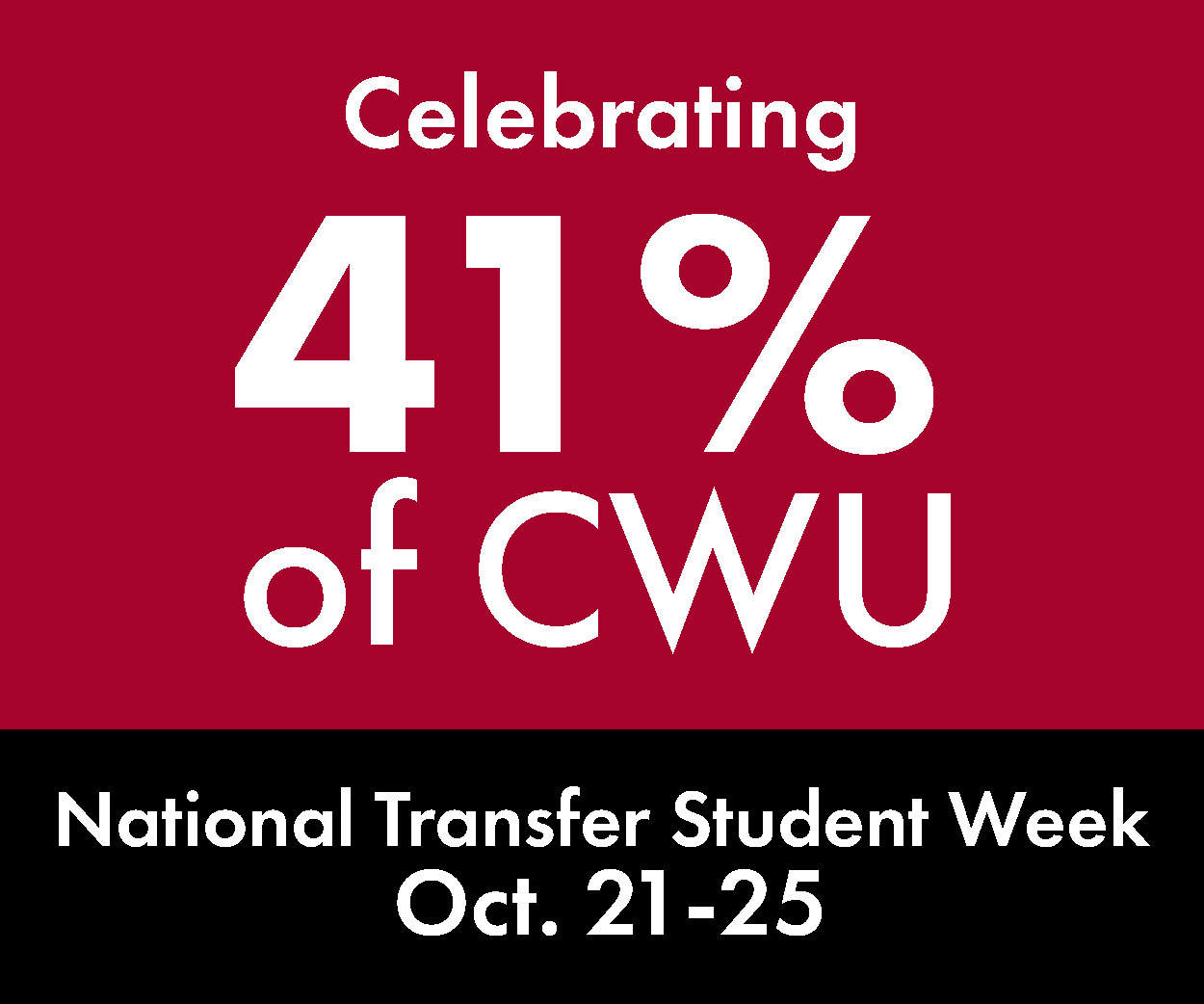Make-your-own major
November 13, 2019
A new program called liberal studies gives students the opportunity to create their own degree with the classes they choose. The major and the minor are already in the catalogue and students can start signing up for them this quarter.
Scott Robinson, the associate dean of arts and humanities, said the liberal studies program was started because there were a lot of students who didn’t complete a degree at CWU and needed a way to come back and do so. This major is also for students who change their major several times and need a way to graduate in under five years.

“I think it is a great option for a lot of students. I don’t think it is great for everybody,” Robinson said. “There are certain students who have career paths they want to follow that are not here, but we have the components of those degree programs.”
A lot of upper division classes do not reach their capacity for students which leaves room for students at other college campuses to take them. There are also many students that are taking the non-profit certificate and have an idea of what they want to do career wise, but there is no major for them, according to Robinson.
Arts management, music therapy and deaf studies are all career paths liberal studies majoring students have taken interest in. This new new major makes up for some programs the CWU does not yet have.
Helen Nguyen is a junior majoring in apparel, textiles and merchandising and interdisciplinary studies for social sciences. She likes interdisciplinary studies because it allows her to grab classes from different courses and combine them to gain the knowledge and skills that she wants.
“The interdisciplinary studies … really allows you to focus more specifically on what you want to do instead of doing a major that is going to kind of give you the broads of a lot of different careers,” Nguyen said.
There are three classes and an added component that are specific to this program. Introduction to liberal studies, a career preparation course and a capstone class. The non class component specific to this program is academic research. Students who take introduction to liberal studies develop goals that they want to achieve in this program and career goals. Students then create a curriculum that helps them achieve those goals. The rest of the classes in this program come from any liberal art classes the students chooses.
There are three different programs for liberal studies. The large plan is 65 credits, the small plan is 45 credits and the minor is 30 credits. If a student is in the small plan they either have to have a second major or a minor from a different department.
By completing the liberal studies major, students also complete liberal arts PLUS, which is a program associated with the career exploration component. In liberal arts PLUS, instructors help students identify competencies and skills that students have developed in their classes. Critical thinking and problem solving, oral and written communications, teamwork and collaboration, digital technology, leadership, professional and work ethic, career management and global international fluency are all skills students learn in liberal studies.
Liberal arts PLUS helps students identify the skills they have developed, how to articulate them to future employers and how to put it on their resume.
“We have been saying in the last few years in the College of Arts and Humanities that when people say what can you do with a degree in arts and humanity? Anything you want,” Robinson said.
Nationwide liberal studies graduates find entry into fields such as business, marketing, government, social service agencies, criminal justice, nonprofit and health and welfare.
Jamie Gilbert, a communication professor, said the benefit of a liberal studies degree is that it allows students to explore their interests in multiple majors. Students can also pair liberal studies with another major and diversify their degree.
“Companies now don’t want to hire people who just have one specialty. Companies want to see the interdisciplinary perspectives and interdisciplinary skills,” Gilbert said. “Sometimes they need to have you do more than one job, and if you have a variety of skill sets, that is what they are looking for.”

